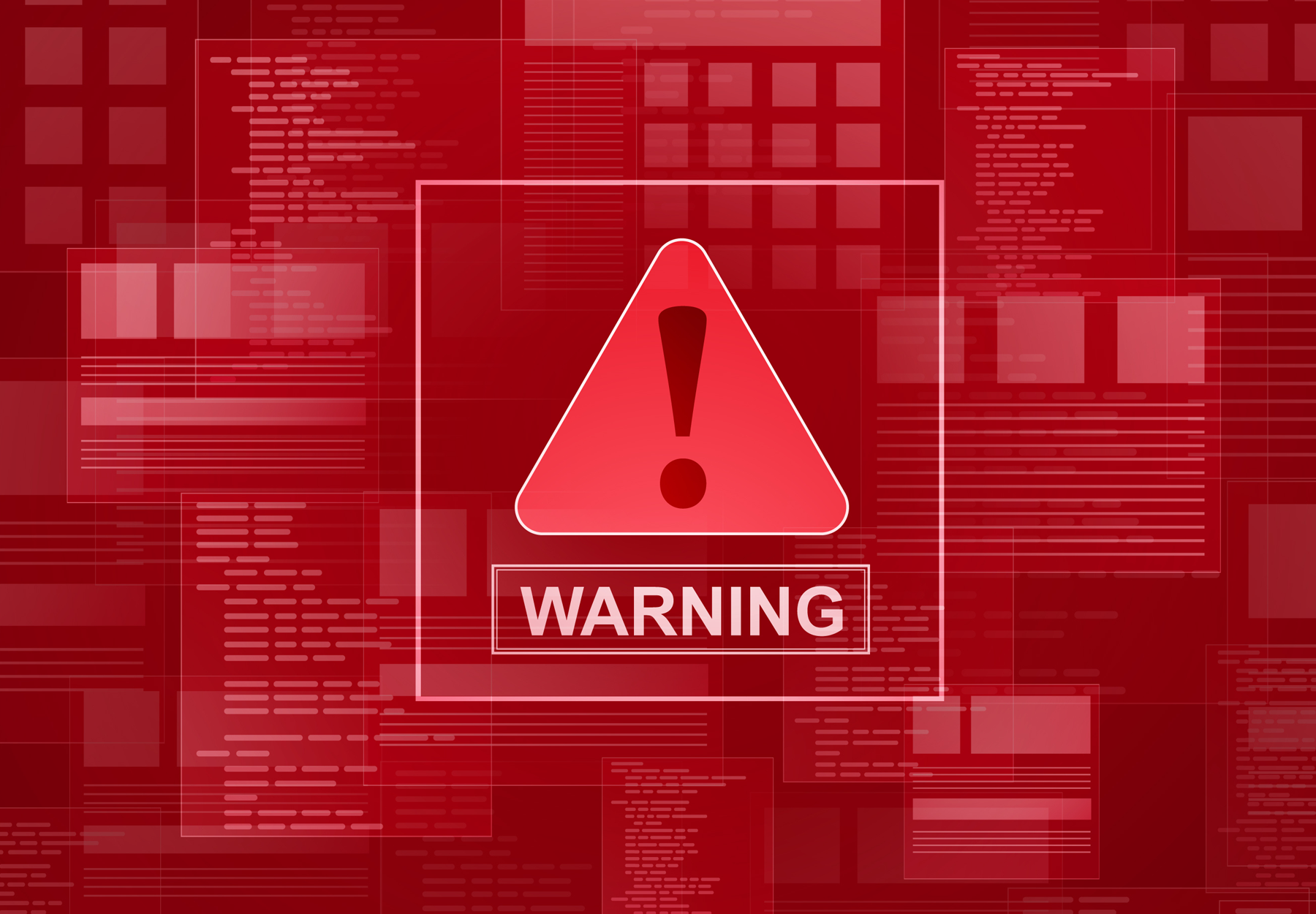
Danielle H. Tangorre, partner at Robinson+Cole, represents and advises a broad range of healthcare providers, including clinical laboratories and hospitals, on operational and compliance issues, federal and state fraud and abuse laws, other regulatory matters, and business transactions. Danielle completed a Clinical Ethics Fellowship at the Alden March Bioethics Institute at Albany Medical Center after obtaining an MS in Bioethics at Albany Medical Center, while concurrently completing law school at Albany Law School of Union University. She discusses the key takeaways for clinical and diagnostics labs following the U.S. Department of Justice’s (DOJ’s) recent National Health Care Fraud Enforcement Action involving alleged healthcare fraud schemes worth $1.2 billion.
Q: What are your thoughts on the takedown?
A: I wasn’t overly surprised, given the increased use of telehealth and genetic testing and the prior focus by the Department of Justice on telemedicine. What was notable was the breadth—that it wasn’t limited to clinical laboratories. It focused on telehealth as being the nexus of the alleged fraud, with laboratories, DME [durable medical equipment] companies, and pharmacies all taking part.
With respect to clinical laboratories, an OIG [Office of Inspector General for the U.S. Department of Health and Human Services] report came out at the end of last year where they had done some data mining and looked at Medicare expenditures from 2016 to 2019. The OIG stated in that report that Medicare payments for genetic tests had quadrupled…and flagged excessive genetic testing as a potential area for fraud. So then seeing these indictments related to genetic testing and telemedicine, it wasn’t unexpected to me.
Q: What stands out for you the most about this enforcement action?
A: What stood out to me was, to some degree, [that] the actual indictments are rather simple. They highlighted a lot of things that we already know are problematic [in the clinical lab space]. What struck me was the…allegations of things that we’ve talked about for a while in the laboratory industry that are problematic [are] allegedly being carried over into telehealth.
[For example], one of the indictments claims that a laboratory billed for a test as if it was performed by that laboratory, but it wasn’t, [and the lab] didn’t use the right codes. That’s an age-old issue that we’ve always talked about in the industry, that if a lab performs the test, it must bill it or notate via coding the lab that did. And then, as we’ve seen [with some labs] over the last two years with COVID, one of the indictments alleged that a lab obtained samples for genetic testing by performing COVID tests, but didn’t get patients’ consent to do the genetic testing that was then billed to Medicare, and the lab submitted it without the beneficiaries’ knowledge, or they didn’t release the results, ultimately, through providers to the beneficiaries.
Q: What are the biggest takeaways for clinical/diagnostic labs from this enforcement action?
A: Laboratories may want to refer back to those age-old compliance lessons that they have…and re-evaluate their relationships. Even with the proliferation of telehealth, the basics still apply. There are different rules that vary by state when it comes to direct-to-consumer testing—who can order the test, and then how it gets released to the beneficiary and how it can be billed. Telehealth may be permissible in certain circumstances but it is complex. If it’s self-pay versus if it’s being billed to commercial or federal payers, the billing rules change, particularly in the genetic space. On a federal level, the billing rules have gotten even more complex.
A recent MolDX LCD [local coverage determination] went into effect that is very specific about who can order different types of laboratory testing and what qualifies as medically necessary. As part of their compliance, laboratories may want to review that. What’s also of note here is the Special Fraud Alert that was published on the heels of this announcement of the national takedown and identified several suspect characteristics [of relationships with telemedicine companies]. Laboratories may want to review…the relationship with marketers and their overall arrangements, and then revisit their compliance plans.
Compliance plans are meant to be dynamic. The issuance of a Special Fraud Alert, in my opinion, generally calls for revisiting your compliance plan, doing more training, re-examining things, because now the OIG is going to say you’re on notice. It’s really important that we look at the Special Fraud Alert; the OIG acknowledged that telehealth can be really beneficial, useful, and legitimate, but there’s a potential area of fraud. Now laboratories are on notice as to what characteristics the OIG sees as problematic.
Q: How can labs manage liability risks when entering into telehealth arrangements?
A: Laboratory relationships with telehealth providers need to be carefully analyzed in consultation with a healthcare lawyer to determine whether such an arrangement is appropriate at the outset. Depending on the proposed relationship, a myriad set of laws are potentially implicated, including the federal and state versions of the Anti-Kickback Statute, the Eliminating Kickbacks in Recovery Act, among others. Special Fraud Alerts are instructive as is the OIG Compliance Program Guidance for Clinical Laboratories in managing their risk because it is expected that the laboratory will have a customized and active compliance plan.
If laboratories are receiving referrals from telemedicine providers, laboratories should assess such receipt of a requisition/order as they do with other providers, including reviewing for a proper order and support for medical necessity. As the courts have clarified, “a laboratory cannot and is not required to determine medical necessity, but rather is permitted to rely on the ordering physician’s determination that the laboratory tests billed to Medicare are medically necessary,” but laboratories still have a responsibility to maintain information they receive and obtain assurances from the referring provider that such documentation supporting medical necessity exists before submitting the test for payment. See [U.S. ex rel. Groat v. Boston Heart Diagnostics Corp., 2017 U.S. Dist. LEXIS 202982 (D.D.C. Dec. 11, 2017)].
Q: Do you expect we’ll see more enforcement actions involving telemedicine going forward? If so, what does this mean for clinical/diagnostic labs?
A: With telehealth becoming more utilized during the COVID-19 pandemic, and the lag time for government investigations, I think it’s reasonable to assume that there’s going to be even more indictments or enforcement actions announced. When you read through the indictments, a lot of the time periods are earlier and some of the alleged conduct even started in 2021, and just have been unsealed. So, I think there’s going to be more.
The lesson here is that laboratories are now on notice for the suspect characteristics and have a multitude of indictments where they can draw lessons from. It’s going to be a lot more challenging for laboratories, if they continue in this conduct, to later claim that they did not have knowledge that certain arrangements were considered suspect or problematic by OIG or DOJ after the issuance of the Special Fraud Alert and this national takedown. If you read the 2020 National Health Care Fraud Takedown fact sheet, some of the bolded language in that [document] are the issues that are alleged in these indictments. So, you have several years in which the OIG and DOJ are saying the same things, which just says to me that it’s pretty clear from the government’s perspective what’s problematic, and now, laboratories need to view it the same way.
